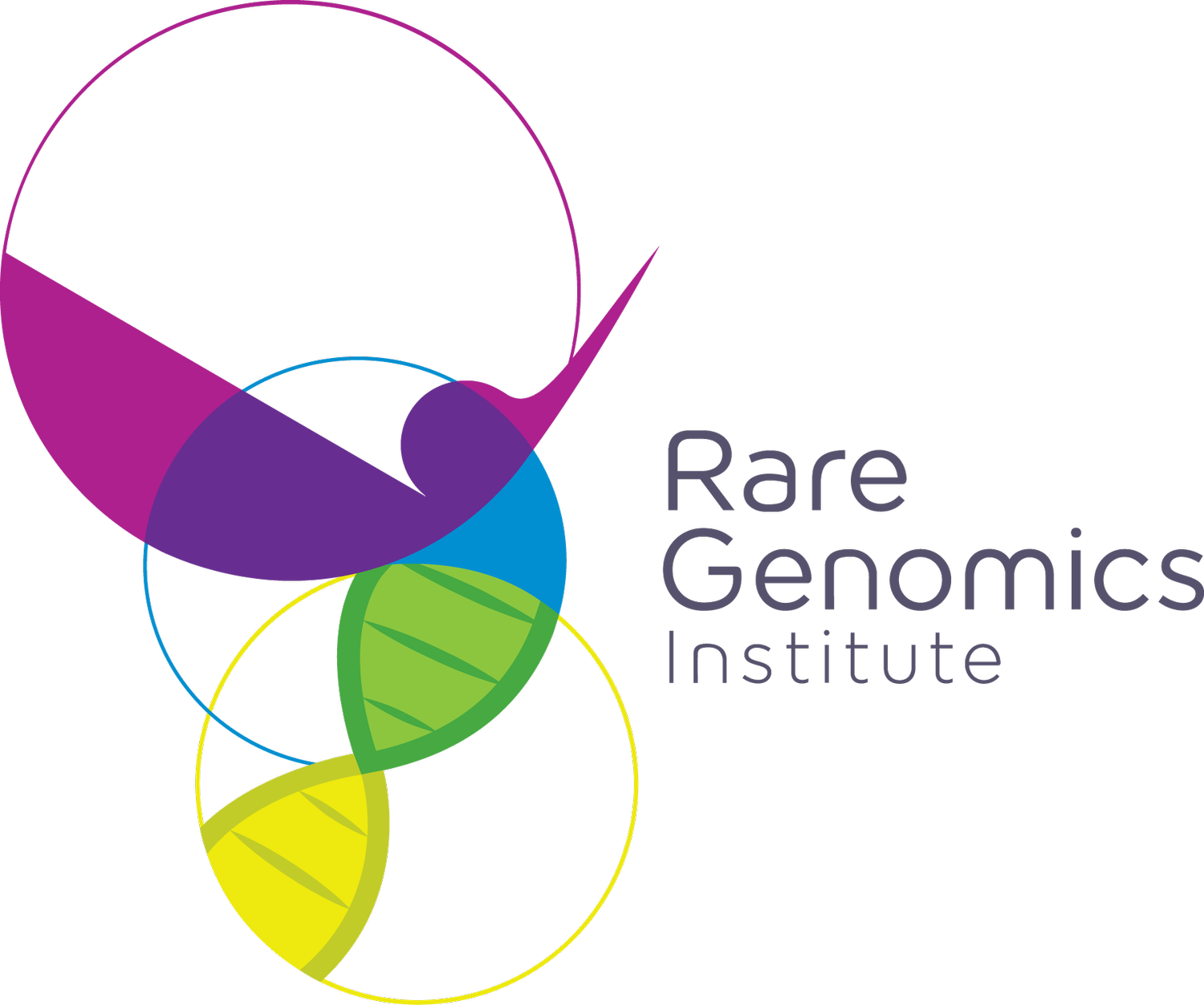Abetalipoproteinemia
What is Abetalipoproteinemia?
Abetalipoproteinemia is a genetic disorder that causes a build-up of triglycerides in the body. The hallmark of abetalipoproteinemia is xanthomas, which are nodular yellow-colored lipid deposits found on the skin and mucous membranes. Associated symptoms include foul-smelling fatty stool and failure to thrive in infants due to the inability to metabolize triglycerides. Excess circulating triglycerides deposit throughout the body, leading to atherosclerosis and several other symptoms. In abetalipoproteinemia, patients develop developmental delay, retinitis pigmentosa, cardiovascular disease, myopathy, ataxia, and spinocerebellar degeneration.
What is the prevalence of Abetalipoproteinemia?
The estimated incidence of abetalipoproteinemia is less than 1 in 1,000,000 people worldwide.
How is Abetalipoproteinemia diagnosed?
Abetalipoproteinemia is diagnosed based on clinical evaluation (unsteady walking, muscle weakness, weight loss, foul and smelly stools), laboratory studies demonstrating acanthocytes (malformed RBCs), and low triglycerides, low cholesterol, and lipid-laden enterocytes on intestinal biopsy. A clinical diagnosis is confirmed via genetic testing for the microsomal triglyceride transfer protein (MTTP) mutation or malabsorption of Vitamins A, D, E, and K leading to an increased INR.
Is there any specific gene/pathway in Abetalipoproteinemia that has been identified?
Abetalipoproteinemia is caused by a loss-of-function mutation in the microsomal triglyceride transfer protein (MTTP) gene on chromosome 4. The MTTP gene is responsible for a protein involved in producing apolipoproteins (ApoB-48 and ApoB-100) and cholesterol.
How is Abetalipoproteinemia treated?
There is currently no cure for abetalipoproteinemia. Treatment is centered on reducing very long-chain fatty acids (VLCFAs) in the diet and high dose Vitamin E supplementation. More information on treatment may be found here: rarediseases.org/rare-diseases
Are there any clinical trials underway for Abetalipoproteinemia?
The National Institutes of Health (NIH) has completed 2 clinical trials for abetalipoproteinemia. Currently, there are 1 clinical trial underway for the condition. More information on future studies and patient recruitment can be found here: clinicaltrials.gov
How can RareShare be helpful to Abetalipoproteinemia patients and families?
The abetalipoproteinemia community has 5 members. There are currently 2 active discussions underway. New discussions can help to connect patients, health workers, caregivers, and families interested in abetalipoproteinemia and provide them with continual access to community resources.
